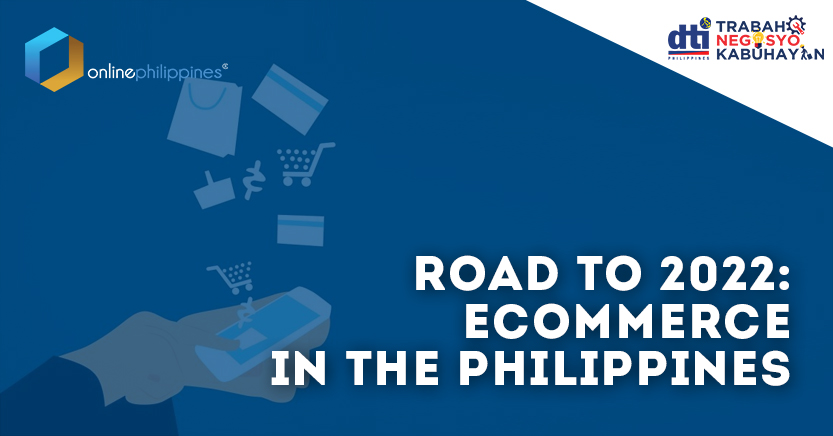
09 Aug The Road to 2022: Ecommerce in the Philippines
With the ever growing demand for faster, more secure, and more convenient methods of transactions, the government has accepted the challenge of modernizing our infrastructure, create programs to encourage the growth of startups, promote policies and laws that kickstart the programs, fund the development of new technologies and enhance training for MSMes into going digital, all of which are under the Philippines E-Commerce Roadmap 2020-2022.
The Department of Trade and Industry through its E-Commerce Program Office (DTI-ECO) invited Online Philippines and several stakeholders, to a ‘kick-off’ session with regards to updating of the Philippine E-Commerce Roadmap. Dubbed as PHL E-Commerce 2022: Dialogue with DTI Secretary, the event was held last August 06, 2019 at SMX Convention Center AURA, Taguig City. Gathering significant players in the e-commerce system, the event was attended by several e-commerce platforms, e-tailers/online sellers, financial technology companies, marketing, analytics and technology service providers, as well as government agencies, development partners, academe, and other stakeholders.
With the advancement of technology and increasing demand for online commerce, DTI aims to assess its current progress on digitizing the industry as well as lay out future plans by gathering inputs from involved industries. As pointed out by Ms. Maria Crispina S. Reodica, Chief Trade & Industry Development Specialist Bureau of Trade and Industrial Policy Research DTI, “E-commerce, digital trade and the digital economy create boundless opportunities for business expansion and job creation. They contribute to inclusive growth and in facilitating trade”, therefore forming a strong conviction by the department to push for the implemention of the said program.
Expectations and opportunities on ECommerce are tackled on the other hand, by Prof. Ronilo Balbieran. Being that ecommerce enables small businesses to be on the same playing field as big businesses, he dubbed ecommerce as a “great equalizer in global market competition”. The“1DALi” term, which represented fast and reliable service was prioritized when it came to updating the ECommerce Roadmap for 2020-2022 as a synergetic approach in integrating e-commerce in the country.
Importance of speed and security in contributing to e commerce transactions. 1Dali Proposed by Prof. Ronilo Balbieran.
DTI Secretary Ramon Lopez urged stakeholders to collaborate into helping the department create solutions in attaining the objectives of the E-Commerce Roadmap. With the imbalance of market demand vs supply, the use of E-commerce through its proper development and implementation, shall bridge the gap therefore providing products and services to consumers in a more efficient method. In line with Prof. Ronilo Balbieran’s 1DALi roadmap framework, Sec. Mon Lopez proposes the MADALi framework: Market accessibility in providing hyper speed e-commerce transaction and quality logistics integration. The Secretary encouraged MSMEs to participate in the global economy with the use of e-commerce as it will make for a more robust economy in the country.
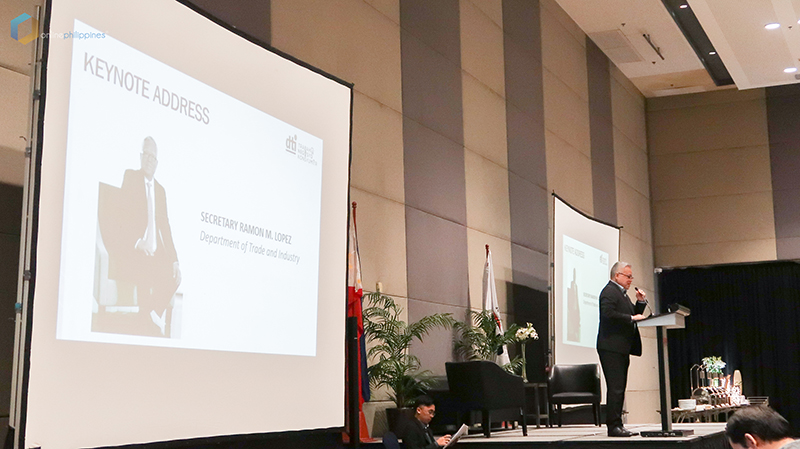
Finally, the forum consisted of representatives from various government agencies which included, the Department of Trade and Industry (DTI), Bureau of Internal Revenue (BIR), Bureau of Customs (BOC), and Prof. Ronilo Balbieran, consultant for the project update of the 2020-2022 E-commerce Roadmap. Concerns such as taxation on e-commerce transactions, consumer protection, importing of goods, government modernization and efforts on promoting programs that aid in the ease of doing business were discussed between several industries.
While the Philippines may be behind in terms of adaption to e-commerce and being a cashless society when compared to other developing countries, the creation and implementation of the E-Commerce Roadmap 2020-2022, seems to be on the right track. Working with several concerned industries and agencies in itself is a very daunting task, but with the formal creation of the E-Commerce Team, proper channels of communication for suggestions and feedback were created to bridge the industry partners, business owners, and payment and logistics industry to the governing agencies. With the updating and implementation of the roadmap on the way, things are looking up for a more vibrant digital economy in the Philippines.

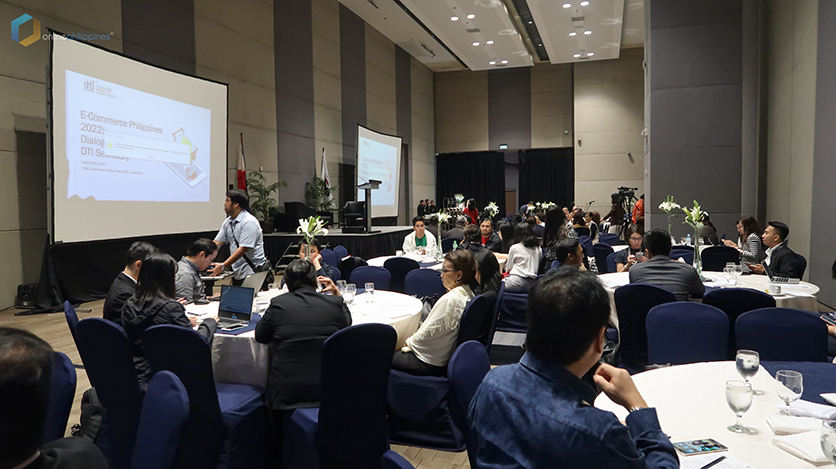
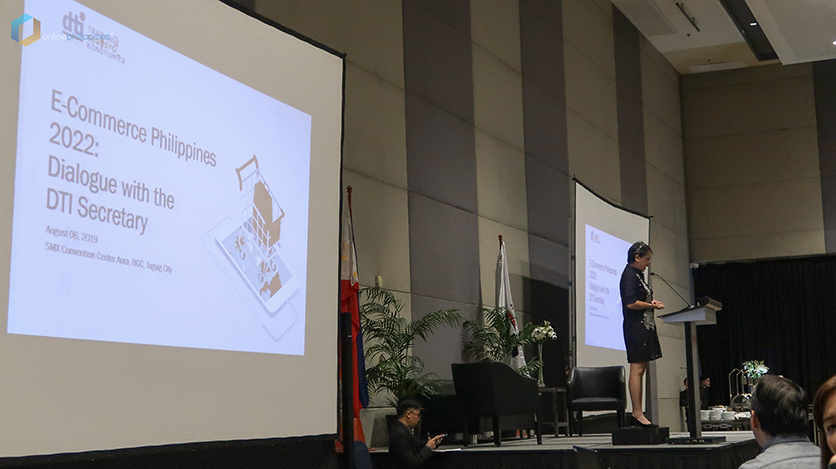

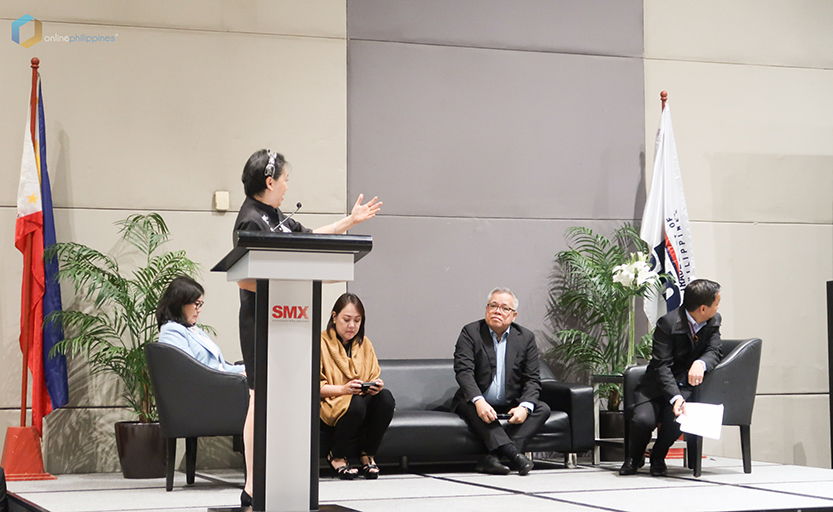
No Comments